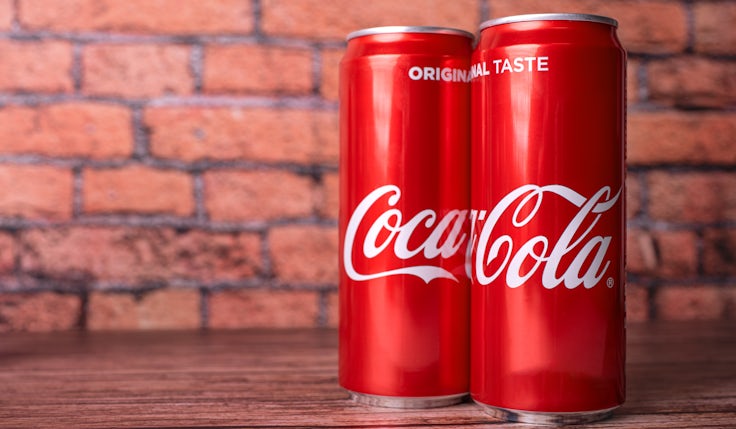Nationwide: Marketers should stop framing advertising as an investment
Marketing boss Richard Warren claims boards see advertising as a running cost, meaning marketers shouldn’t “cloak” campaigns in the word “investment”.
 Brands should stop framing advertising as an investment, according to Nationwide’s director of brand, marketing and corporate affairs.
Brands should stop framing advertising as an investment, according to Nationwide’s director of brand, marketing and corporate affairs.
Speaking today (24 April) at Thinkbox’s ‘New business case for advertising’ launch, Nationwide’s Richard Warren said the word investment is “problematic” when discussing advertising in the boardroom. He claimed the exco and boards within many businesses don’t see advertising as an investment, but as a running cost.
“Whilst we [marketers] might think this is really clever and shrewd to cloak advertising in the word investment, they just think it’s bollocks,” said Warren.
He recalled in the past overhearing CFOs say the easiest things to cut are “training and advertising”, pointing to the long-term payback of brand equity as a key reason.
“Just don’t bullshit. Don’t call it an investment, because they will not think of it as an investment,” Warren argued.
Whilst we [marketers] might think this is really clever and shrewd to cloak advertising in the word investment, they [the exco/board] just think it’s bollocks.
Richard Warren, Nationwide
The key argument marketers need to make to persuade boards to spend on advertising is the longevity play and the need to keep “watering the garden”, he added.
Fellow panellist Matt Chappell, global client success officer at Gain Theory, agreed marketers should not “try and bullshit”, as “a CFO is going to see through it”. Instead, he advised marketers to speak the language of risk.
“Show the risk of not doing anything,” said Chappell, who believes this will demonstrate to the exco what can be lost if spending is not directed towards marketing.
The benefits of committing to marketing are clear, said Warren, who pointed to the internal benefit of creating a “strong brand campaign.” He claimed Nationwide’s brand revamp has had an “enormous” impact internally.
“When you’ve got 18,000 colleagues on the internet commenting on how much they love the ads, that’s as persuasive as any ROI argument,” Warren added.
Hurdles to face
The risks of not committing to a creative idea are obvious to IPA director of effectiveness, Laurence Green. In an earlier session, he discussed the financial penalty of doing “boring” work, pointing to evidence showing brands risk losing “millions of pounds”.
Green also outlined three major hurdles facing the industry, the first being finding the time to set up “effectiveness in the right way.”
“That’s the thing that drives our business, not just the afterthought,” he stated.
Secondly, Green argued not enough is being done to promote sustainability. Using the GiffGaff and Ebay pre-loved campaigns as examples, he called for brands to do more.
Is the ‘golden trinity’ the optimum way to measure marketing effectiveness?
“I want more of those stories because if we’re going to survive, and if the planet is going to survive, they have to be great commercial stories as well as great sustainability stories,” said Green.
“We have to keep pushing to change the way we work and change the work we make.”
The third hurdle he identified is marketers’ professional fallibility and incorrect assumptions made about audiences, their behaviours and what does or doesn’t work in their advertising.
“Effectiveness culture is helped when we follow the mantra: ‘Tell me what you know, tell me what you don’t know and then tell me what you think’,” he added.
Another key discussion point throughout the day was around the performance vs brand debate becoming outdated. Managing director of audience intelligence and marketing science at Wavemaker UK, Dom Charles, claimed the phrase ‘performance vs brand’ is the most “unhelpful bit of language in our industry” when it comes to media optimisation.
Instead, the industry should be focusing on the “three dimensions of effectiveness,” which include scale, efficiency and time.
To break this down further, Charles explained scale is the size of advertising’s effect on the business, efficiency is the ratio between cost and payback, and time is the period of advertising payback.
“Partly why performance vs brands is not helpful is because it undermines the case for advertising,” he added. “It starts to feel distant and fluffy.”






